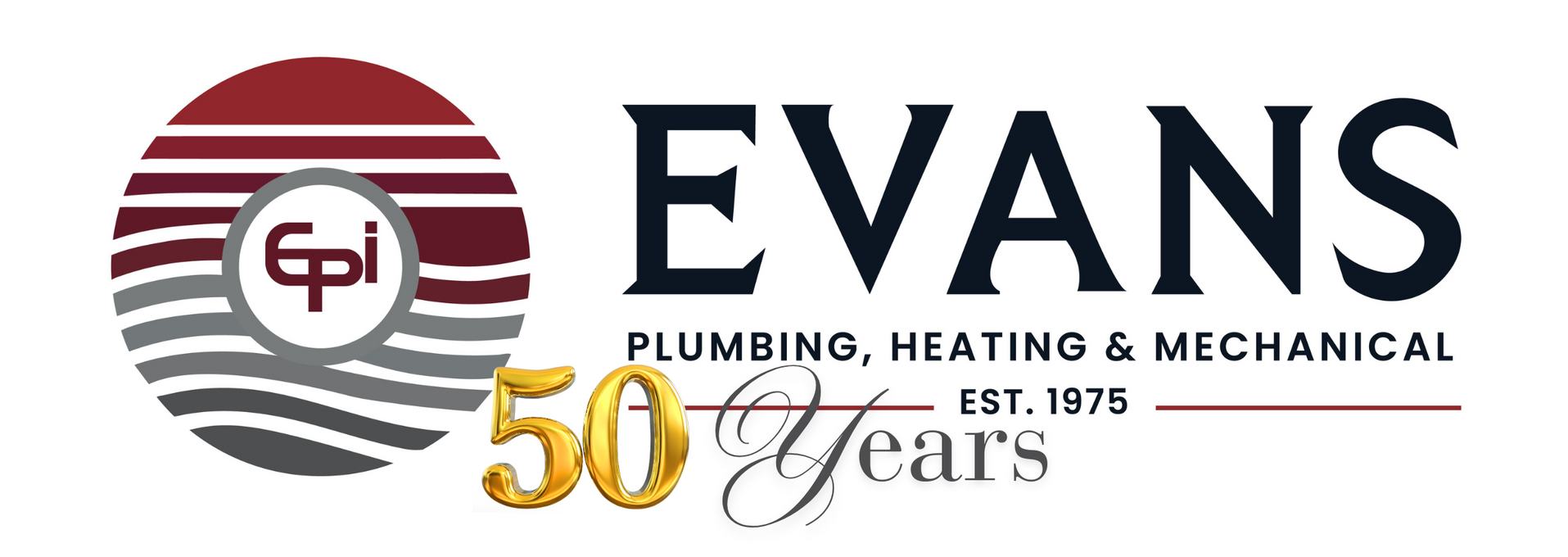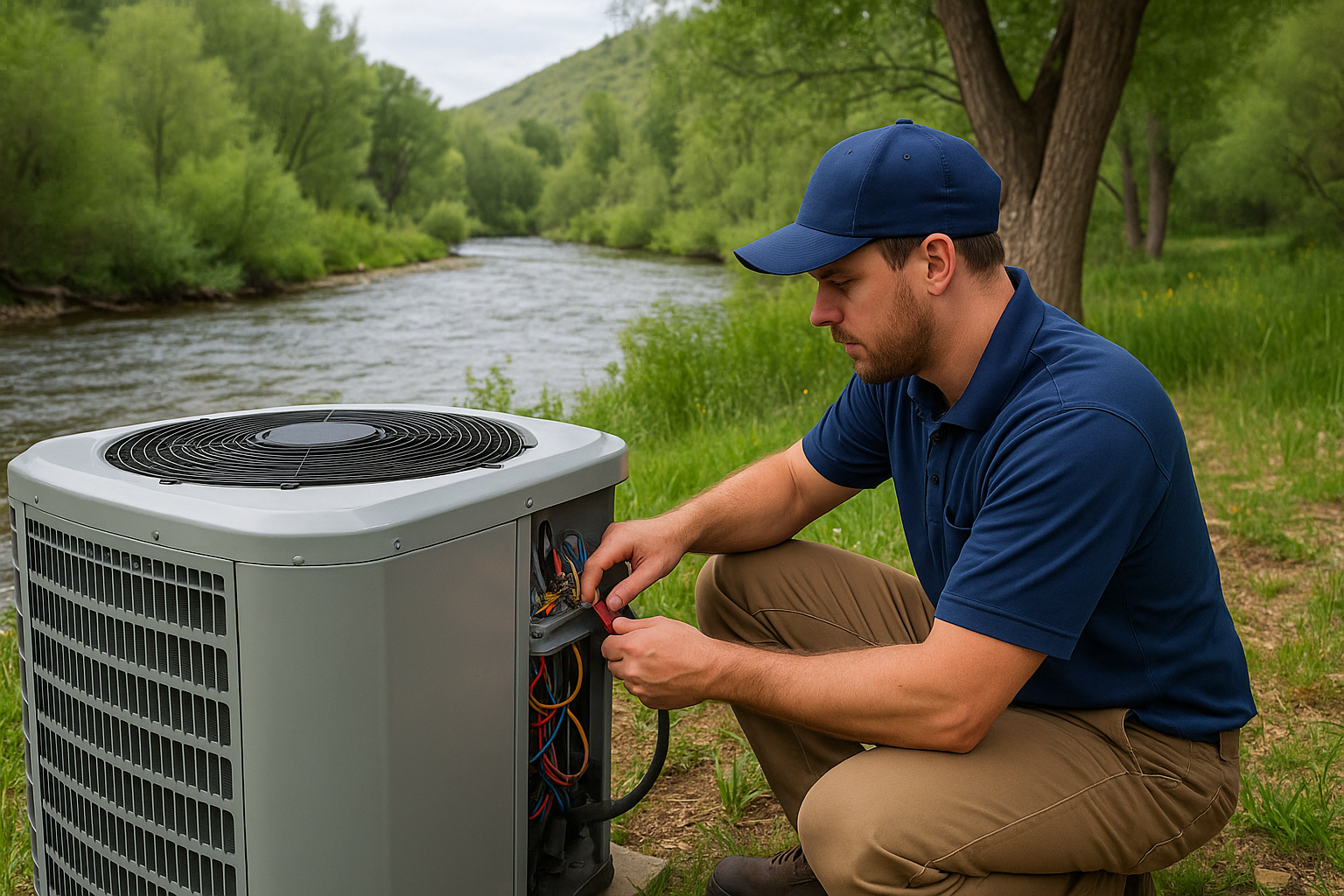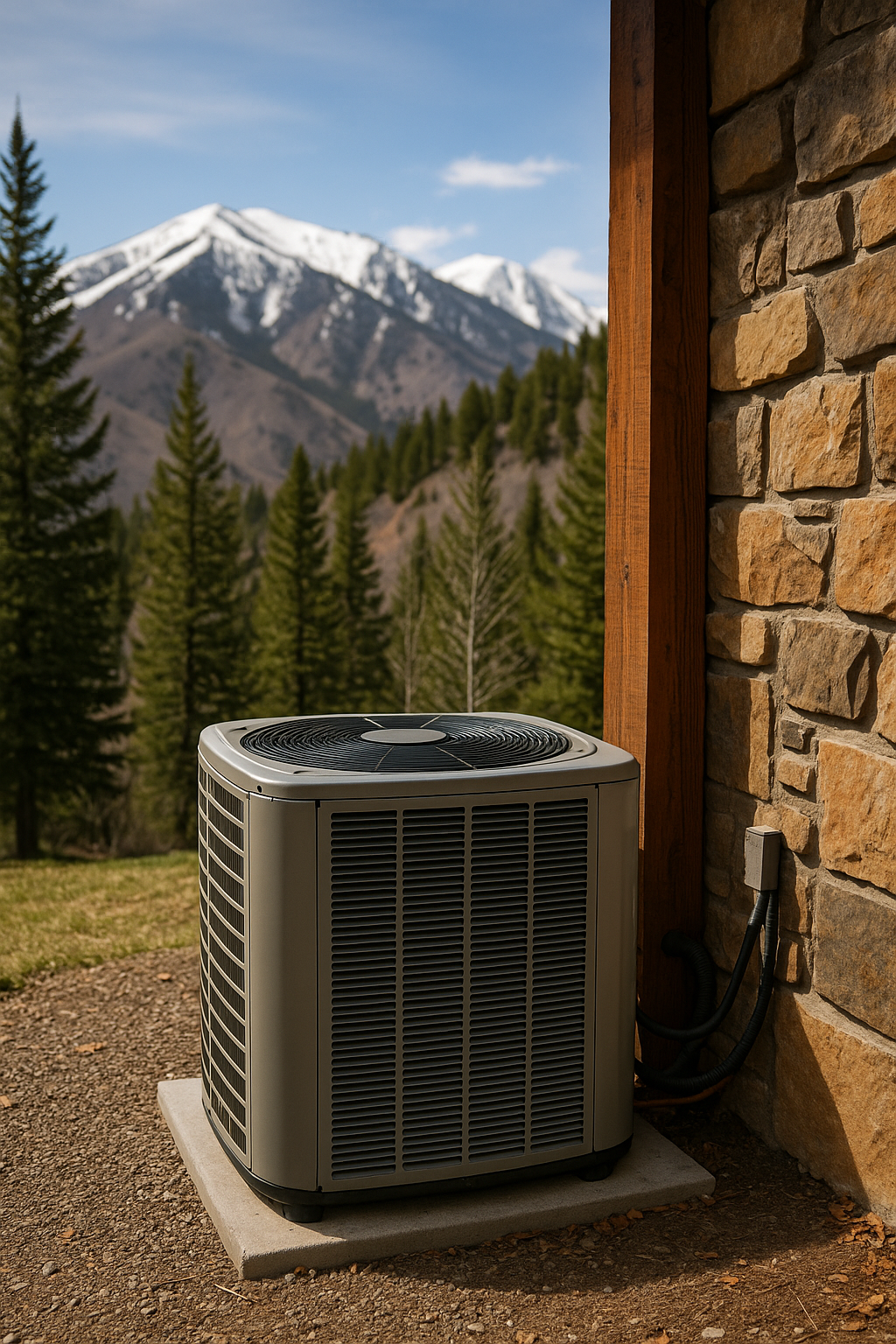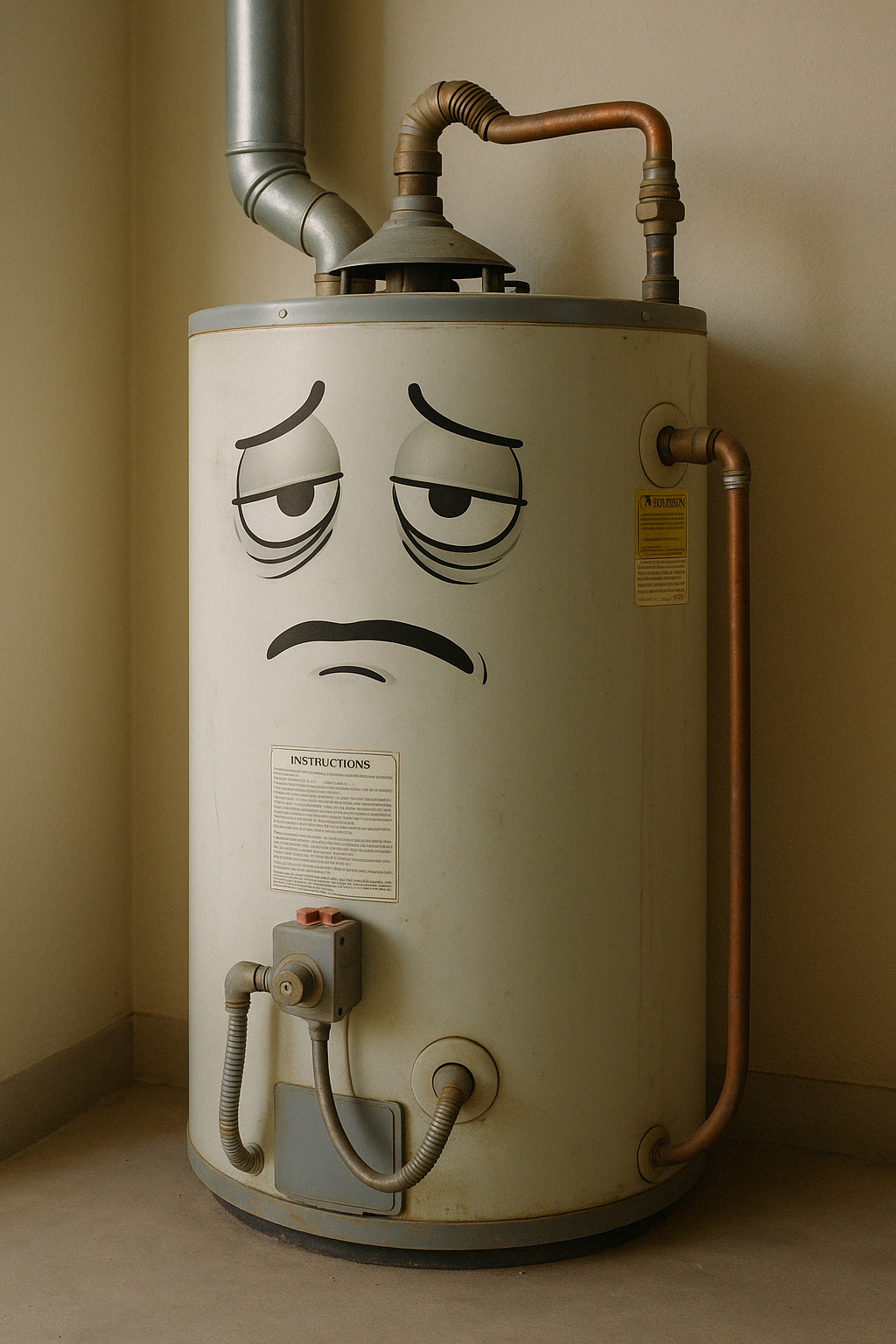What Should You Do When Your Air Conditioner Is Leaking?
December 30, 2024
Often, we get phone calls from homeowners worried that they’ve got a major plumbing leak in the house—only to discover the problem is actually an air conditioner leak! Air conditioners can leak water, but not because they use your plumbing system to work. Rather, condensation builds up within the system and may, if drainage is not properly set up, find a way to spill over into your home. Depending on the location of an air conditioner’s indoor unit, the results of a leak can be nearly catastrophic. So what should you do if your air conditioner springs a leak? And can you prevent this from happening in the future? Learn more from the guide below, and call our team ASAP to fix your leaky AC unit!
Water leaks from an air conditioner because condensate is not draining properly. We’ve all seen condensation build up before, like what happens when you have a glass of ice water out on a warm day. Small water droplets collect on the air conditioner’s evaporator coil due to the humidity in the air that condenses as it passes over the cool coil.
This is a normal part of AC operation. So of course, air conditioners were designed to get rid of the condensation that could otherwise leak into your home. A drip tray sits below the coil, and its set at an angle with a drainage hole at the bottom. The hole leads to a pipe that should allow water to drain outside of your home.
What’s wrong with your condensate system
If water does not drain properly, there could be a number of issues causing a leak.1. The condensate drain is clogged up, forcing water to overflow from the drip tray.
2. The drip tray is cracked, off-center, or improperly angled.
3. High humidity and frequent use means you need a condensate pump to get rid of the excess.
4. Ice is forming along the evaporator coil and thawing too quickly, a problem that also has a number of potential sources (including a clogged filter).
Of course, the first thing to do if your air conditioner is causing a problem that could do major damage to your home is to shut off the air conditioner. This means ensuring the air conditioner is turned off and finding another way to stay cool in the meanwhile. Then, you should call in a qualified air conditioning technician. With some experience, you may be able to clear out a clogged condensate drain. However, it’s usually best to let someone with the right experience handle the repair.
As you wait for your technician to arrive, do your best to clean the area around the leak and assess the damage. You certainly would not want mold and mildew to develop and affect your family’s health, and the damage may harm your property.
The first piece of advice we can offer to prevent your AC system from leaking in the future is to change the air filter regularly. A clogged air filter means the coil inside of your AC system may freeze up from a lack of warm airflow—and this isn’t a good thing.






Share On: